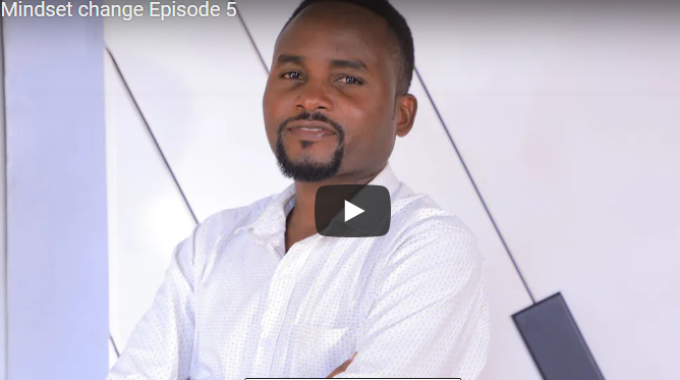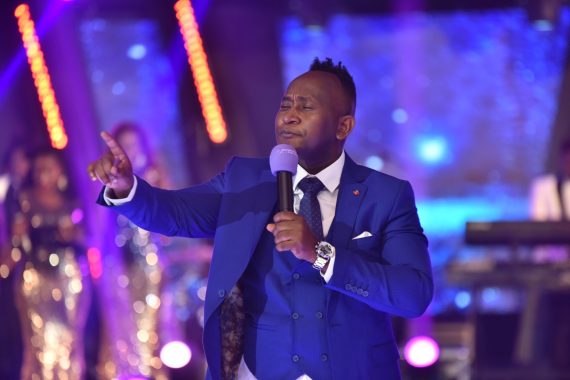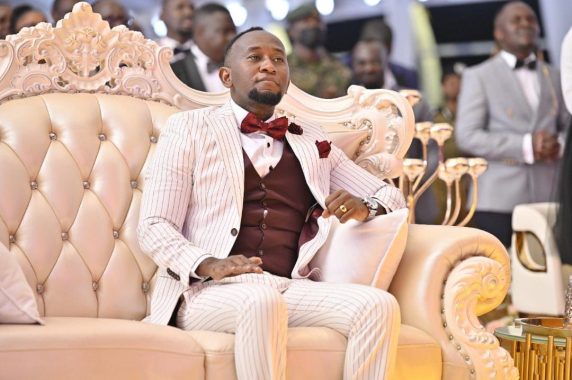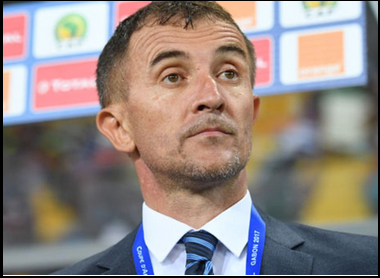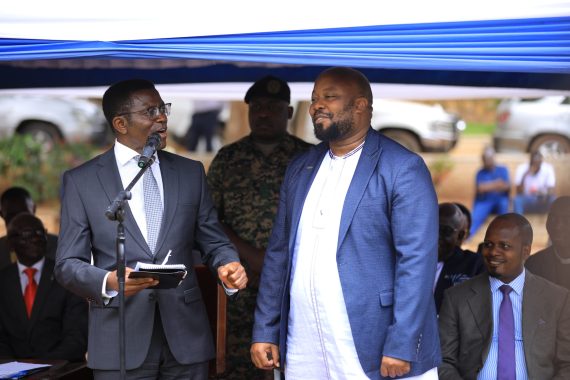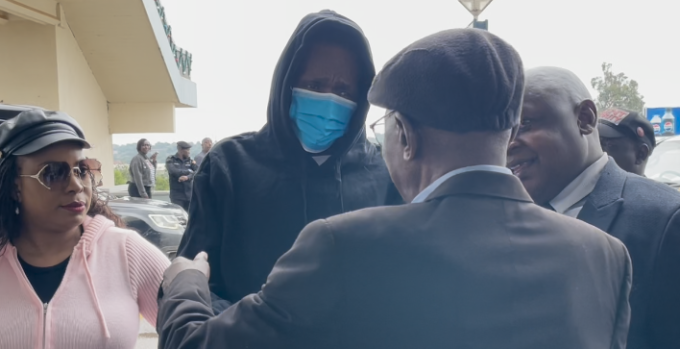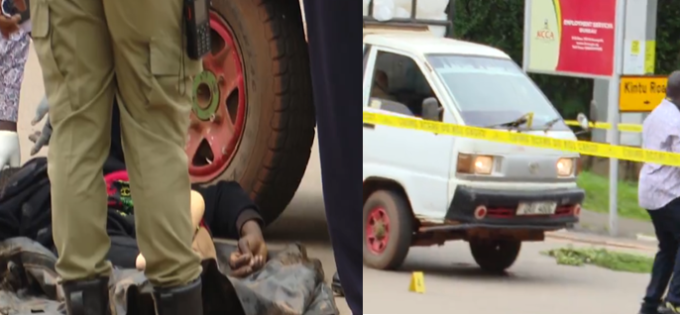By Sameul Ahebwa
In the last article under the same title, I introduced as one of the hardest things – human beings can assert themselves as Immanuel Kant, too, noted. Education is a motivation factor and a scientific tool for increasing human productivity and social transformation. However, its poor management and use, leaves a lot of humanity under the bondage of hunger, illiteracy, backwardness, death and social conflict. As noted earlier, education means to “cultivate” as the French word “educare” puts it, and ought to be applied with clear sensitive tools, ideas and norms, to make it work results in society.
Result orientation
Henry Ford said, “You can learn in school what the world is going to do next year.” It is the tragedy of today’s education that what we may miss is its main purpose and rewards. Good education ought to work results in society and the people acquiring it. Kant said the purpose of education is to reconstruct humanity and ensure its continuity of human life. In this continuity Kant says, children ought to be taught to help others, in other words, “to be a brother’s keeper”. How, then, can we reap the fruits of education without focusing on social or human problems in our daily lives?
Sir Albert Einstein said, “it is not that I am smart but rather because I stay with problems longer”. Education is not about titles, awards and certificates of jobs we get after a long time in formal school. Sir Isaac Newton too said, “if I have seen further, it’s by standing on the shoulders of giants”. The giants can also be put as the “problems” and such as Albert Einstein said have made him a genius. The more we question human or social problems, the closer we attract the answers to deal or tackle them. Those little life experiences whether bad or good become the stepping stones for true education. Facing life with glee is very important in becoming problem solvers or result oriented. This is the true education for human reconstruction and progress.
Understanding social conditions to muster the market economy
The German psychoanalyst Erich Fromm said in his 1934 article that, the elite in the bourgeoisie society has rendered himself powerless in making change and progress in society because of the failure to understand social conditions and his failure to muster the factors for a working market economy. This has left the elite weak and poor and out of options for being constructive and productive in a society seeking solution to recurring problems.
Kant said “…humans must evolve into new beings who have learnt to see the whole first.” In other words, systems thinking are an integral part of acquiring a good or right education to help us understand right actions and wrong actions. This is contrary to piece-meal thinking which leaves us into dogma of unquestionable thought through ideas, norms, values and activities in any sector. For a good workman to be able to knit life together, there is need for systems thinking or seeing life as a “whole” and not as pieces or compartments. This will enhance vision and authentic purpose and personal transformation.
Education is a tool for change
The American philosopher John Dewey said, “Democracy has to be born anew every generation and education is its midwife”. True education seeks and drives change in people and society. Status-quo or fear of change is bad education. In a world full of challenges such as poor institutions, unemployment and bad governance in the political arena good education is the right feature for change and reform.
If society is to progress and grow out of moral decay, crime and poverty, good education is required to have this realised. Sir Albert Einstein said, “The only thing that stands in my way of learning is my education”. Formal schooling is not the way forward for society to reform or be transformed. It is education that enlightens and creates new perspectives to understand things or problems that will develop society. The level of unproductivity in any society is dependent on the quality education in as far as change and reform are to be used as standards for checking these systems of social productivity.
Knowledge is yours to the extent to which you use it. Knowledge will be relevant if utilised to solve and tackle the existing social problems. Act on knowledge acquisition and utilisation in order to change your case in the society. The way forward is also to understand that you are either buying something or selling something in life. And this is how real life becomes educational in the perspective of John Dewey.
Ahebwa is an author of the nine (9) Anti-Poverty Empowerment Books, Founder and Director of The Anti-Poverty Empowerment Programme Uganda (TAPEPU), a Research and Management consultant, Mentor and Entrepreneur based in Kampala, Uganda (East Africa).
Follow or contact the author on Facebook (Ahebwa Samuel Author), twitter (@Ahebwalindasam) WhatsApp (0703612555) and email: ahebwasam@gmail.com
Video!
More in Uganda – https://www.youtube.com/watch?v=HuiFS10oKfI



